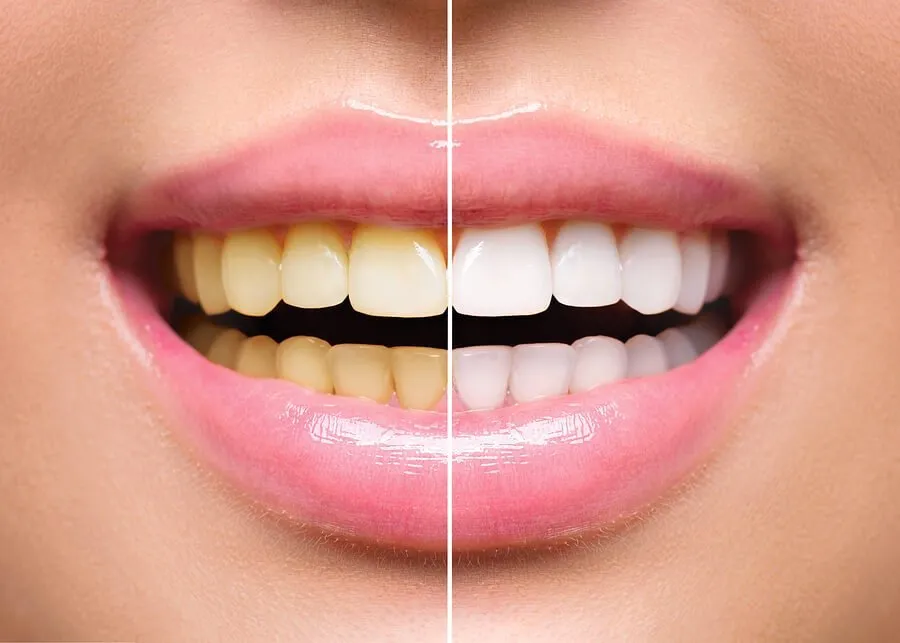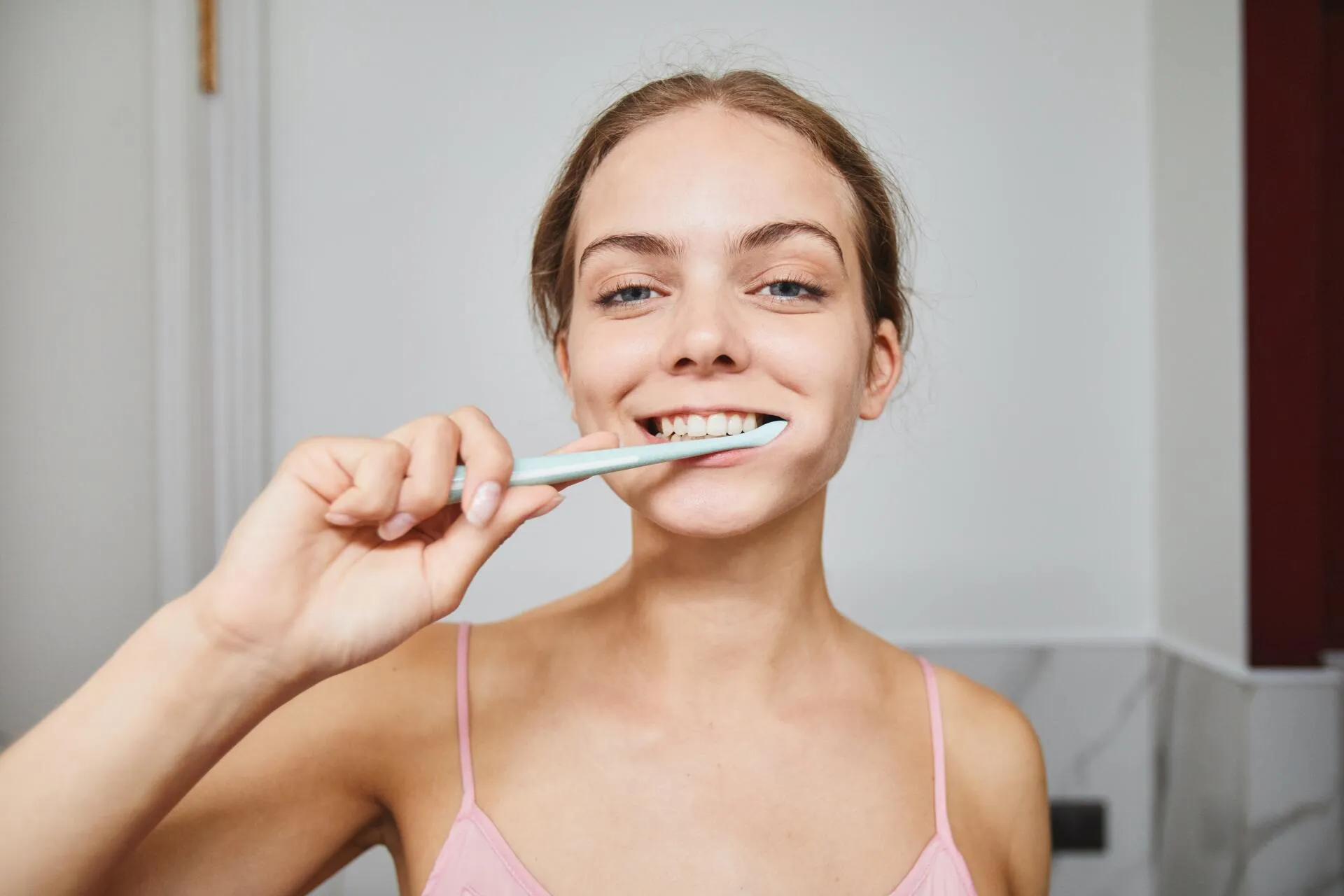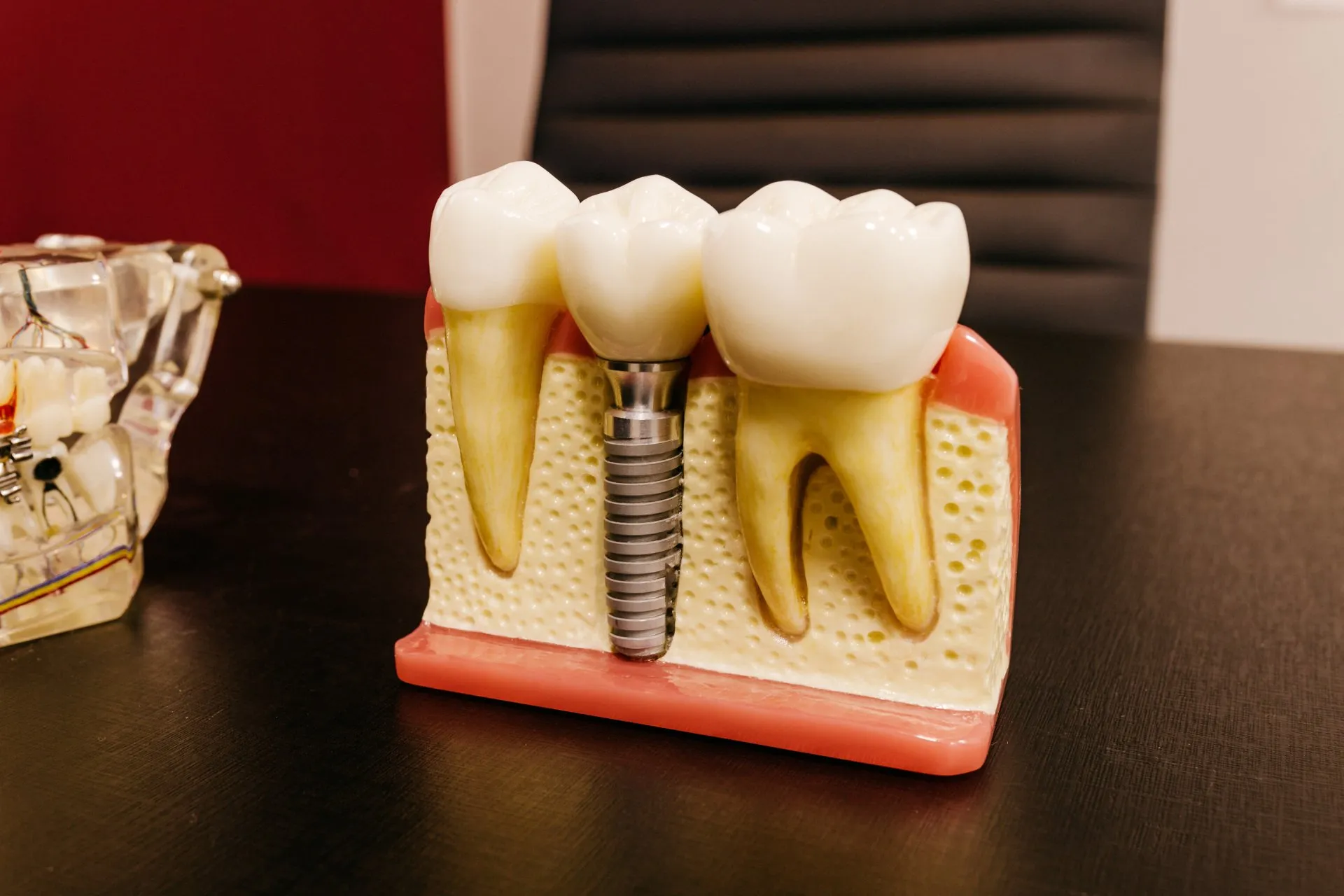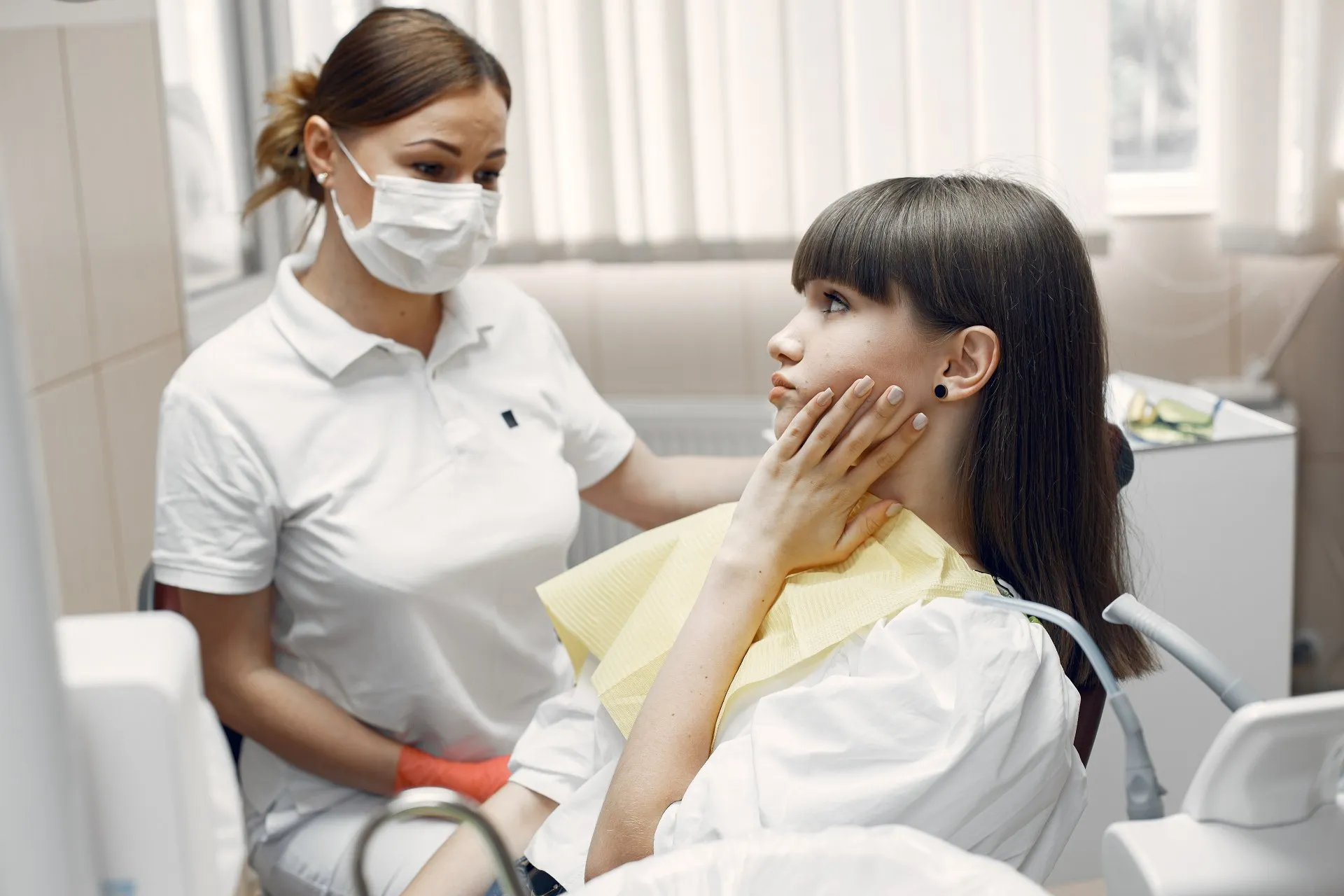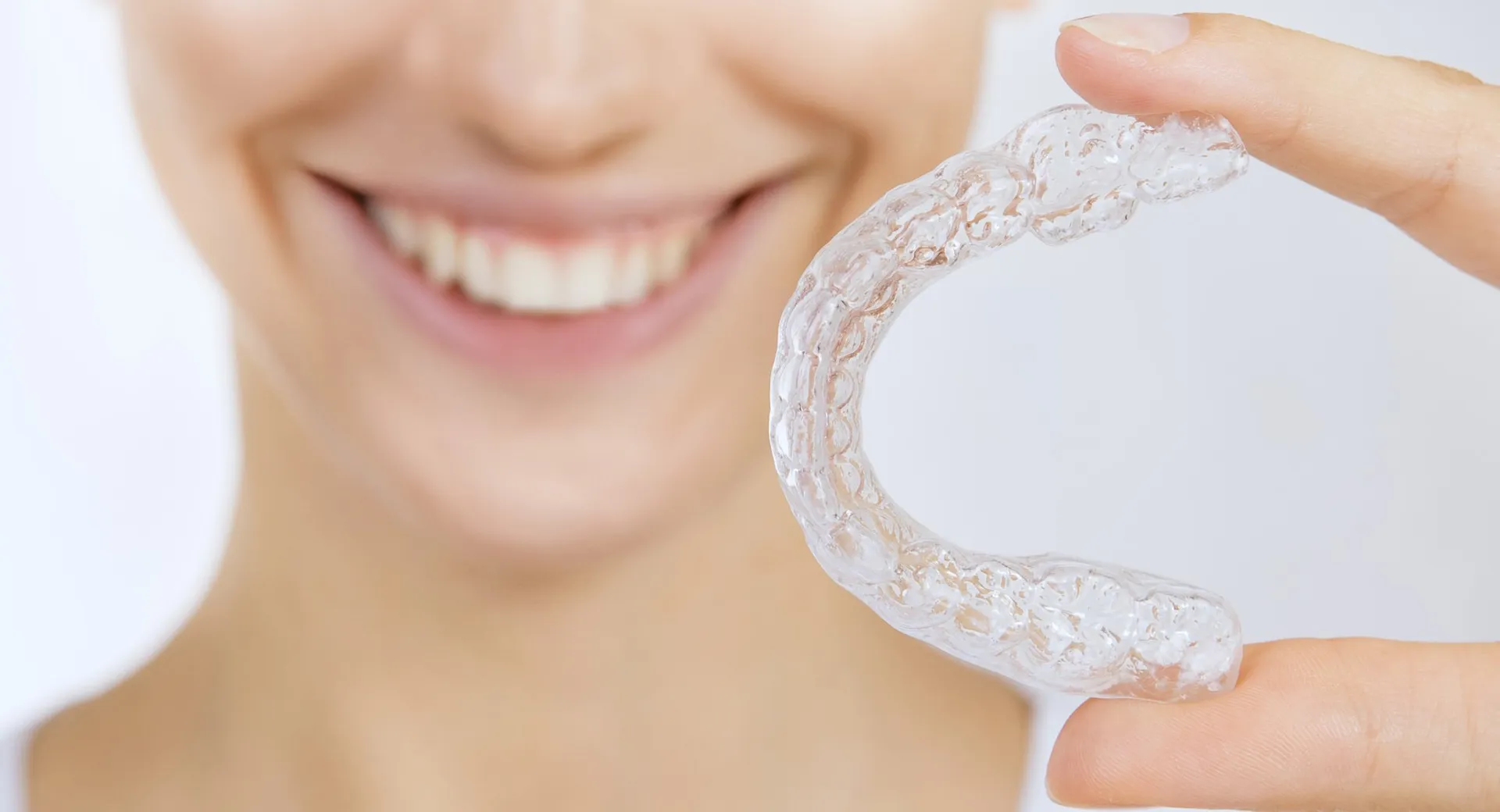How to Stop Teeth Grinding
Bruxism is the involuntary act of either clenching or grinding of the teeth. Teeth grinding often goes unnoticed as it tends to occur during a person’s sleep. Some patients notice that they grind their teeth because of the effects that they feel in the morning. These effects can include:
- Pain in the jaw, face and ears
- Headaches
- Damaged, cracked, or fractured teeth
- Wearing down and flattening of teeth
- Loose or painful teeth
- Other long-term effects
It is no surprise that individuals who suffer from bruxism experience aches and long-term issues. There is a potential for up to 250 pounds of force to be applied during teeth grinding. That is a lot of pressure!
Unfortunately, there is no magic cure for teeth grinding. However, there are several treatments that can be implemented to reduce the frequency of these events. We have seen a lot of success when these treatments are put to work together.
Use A Mouthguard
If you are a night teeth grinder, your main priority is probably to protect your teeth from damage. Bruxism has a strong potential to wear down the enamel and cause damage such as cracks and fractures to the teeth. Mouthguards are great tools for teeth protection during these instances. Our team can create a custom mouthguard specific for your particular mouth that will offer protection for your teeth.
Custom-made mouthguards are much more comfortable than store bought ones because they are made to fit your mouth perfectly. The store bought ones tend to be one-size-fits all, which is not convenient for sleeping. Using a mouthguard is the best option available to combat bruxism at the moment.
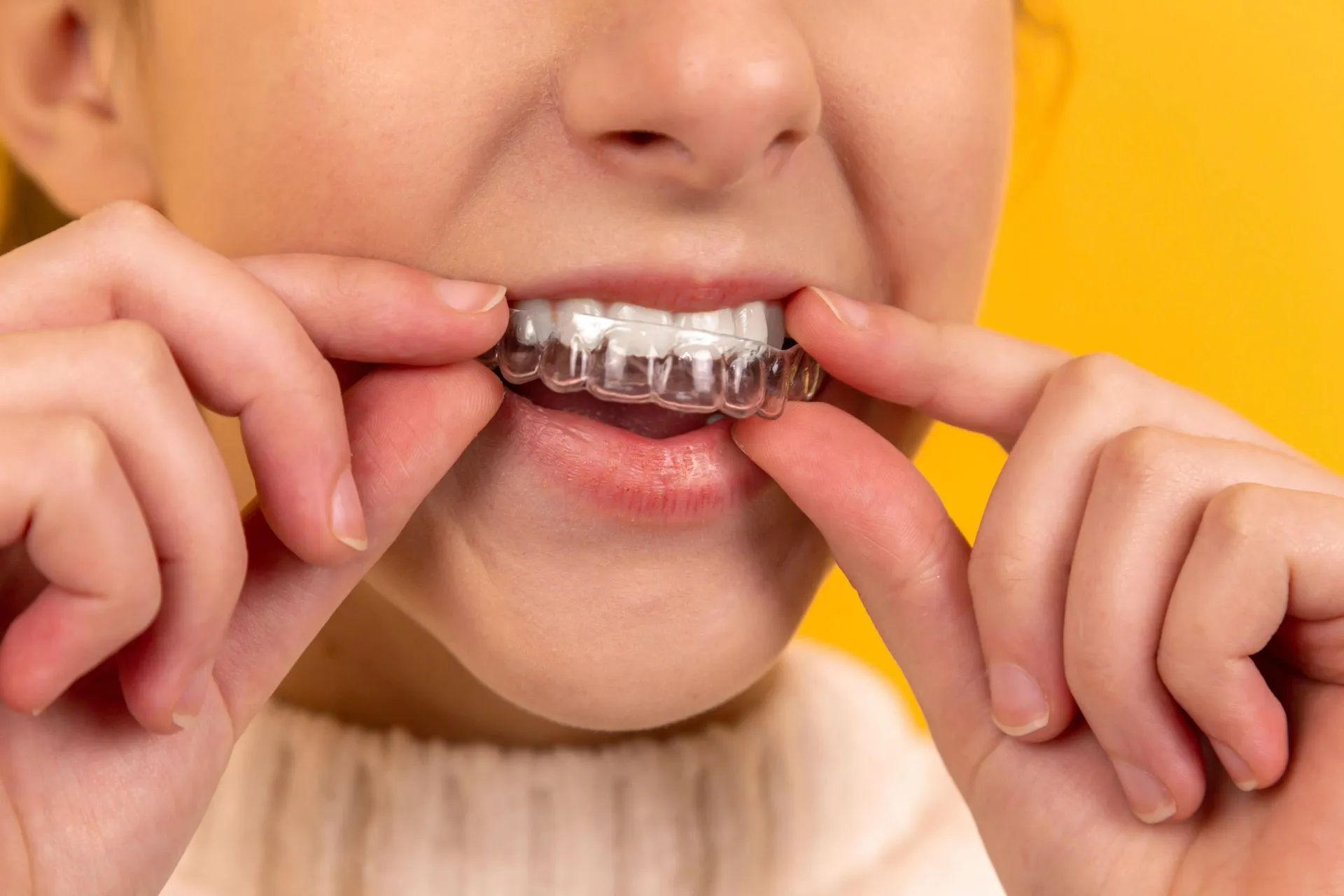
Implement A Stress-Reducing Nighttime Routine
Stress is a leading cause for physical tension. As humans, we tend to clench our jaws when we are under pressure. Developing a nighttime routine to release stress can be a great way to reduce teeth grinding. Some of the relaxation techniques that might work for you can include:
- Taking a warm bath before bed
- Indulging in a warm, caffeine-free drink before bed
- Giving yourself a gentle jaw massage
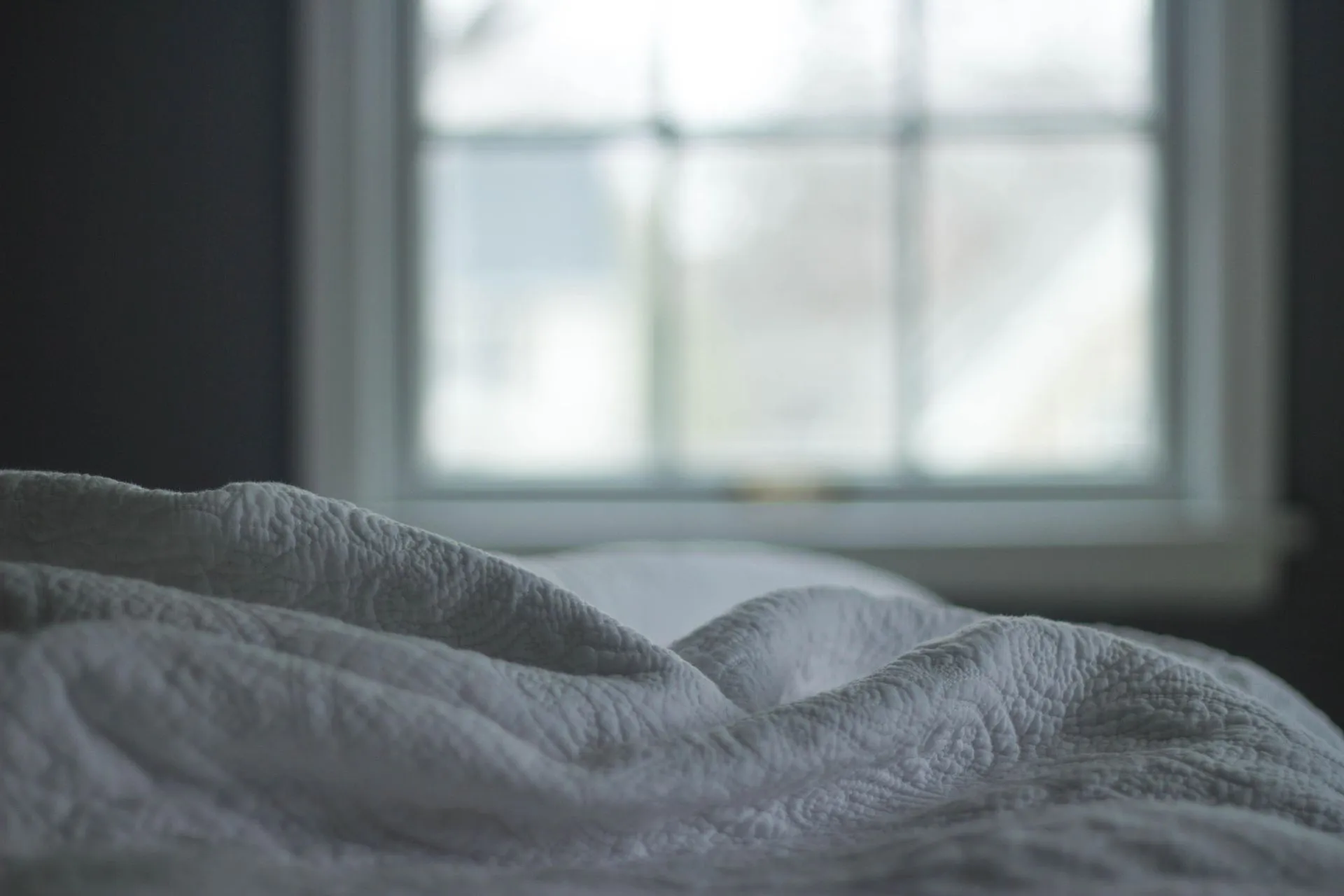
Start Exercising
As we mentioned above, stress can be a strong trigger for bruxism. The best way to relieve stress is to burn some energy through exercise. It is best if you can create a routine that includes two to three sweat sessions per week.
IF It’s Not Food, Do Not Chew It
Repetitive chewing motions can create tension on the jaw. It is important to avoid clenching the jaw and lean more towards relaxing it. We understand that chewing motions can be comforting for some people but it is quite counterproductive when it comes to bruxism. Try to avoid things like chewing on gum, ice, pencaps, and any other funky vices you might have.
Become More Award of Your Jaw Throughout The Day
More often than not, individuals do not notice that they are clenching their jaws. This is typical for most people. The truth is that jaw clenching happens quite frequently. We encourage you to become aware of your jaw throughout the day. When you notice that you are clenching, simply relax the jaw and let it hang free for a few moments. Try to do this several times a day, especially during moments of high stress.
Do Not Skip your Bi-Annual Dental Checkups
If you are a night teeth grinder, you really do not want to skip your dental checkups. Bruxism can pose a great threat to your oral health. Bi-annual dental checkups allow for monitoring of your teeth and jaw. In the case that there is some damage starting to take place, catching it early on is always better than waiting it out.
Bruxism can be difficult to manage but certainly not impossible. We want to encourage you to use all the tools mentioned above to keep your bruxism under control. The best results are seen on people who stick to the process and make these changes a consistent part of their lives.
